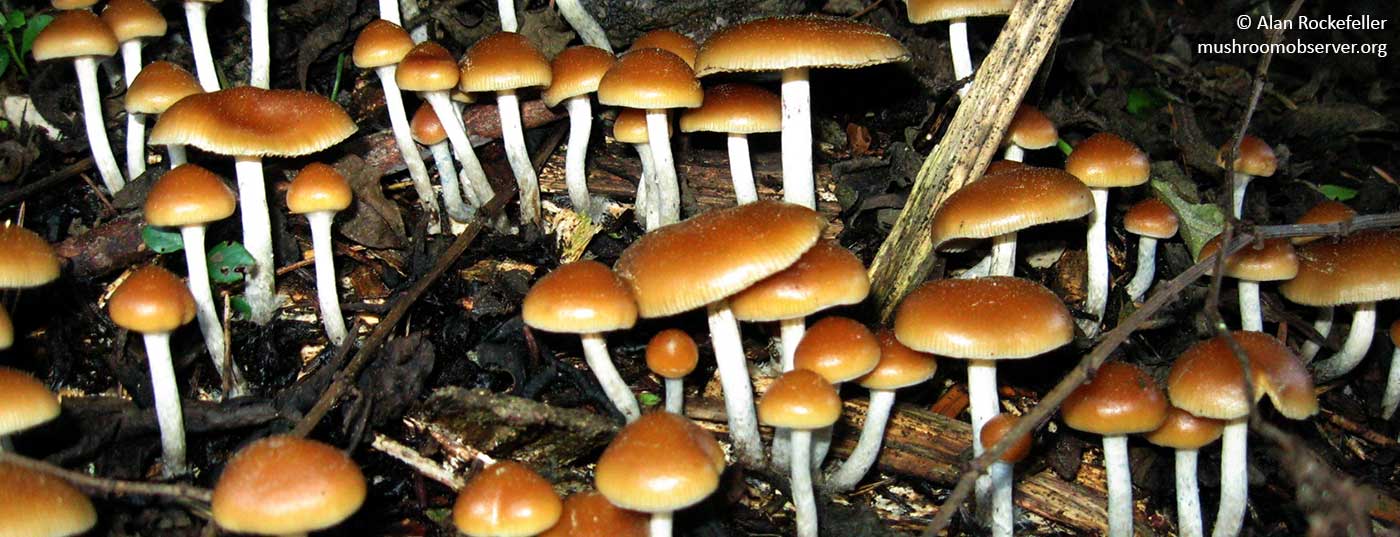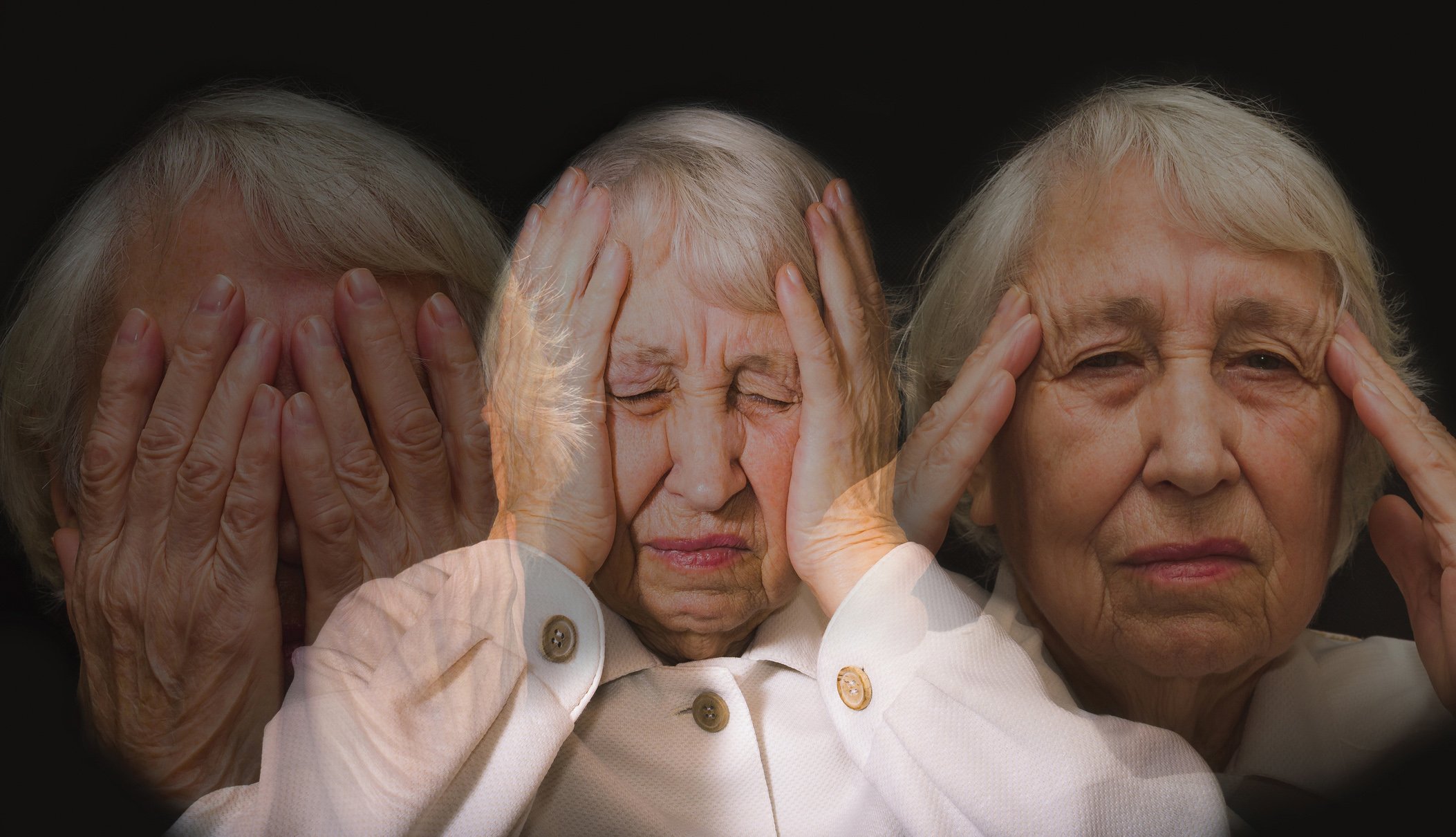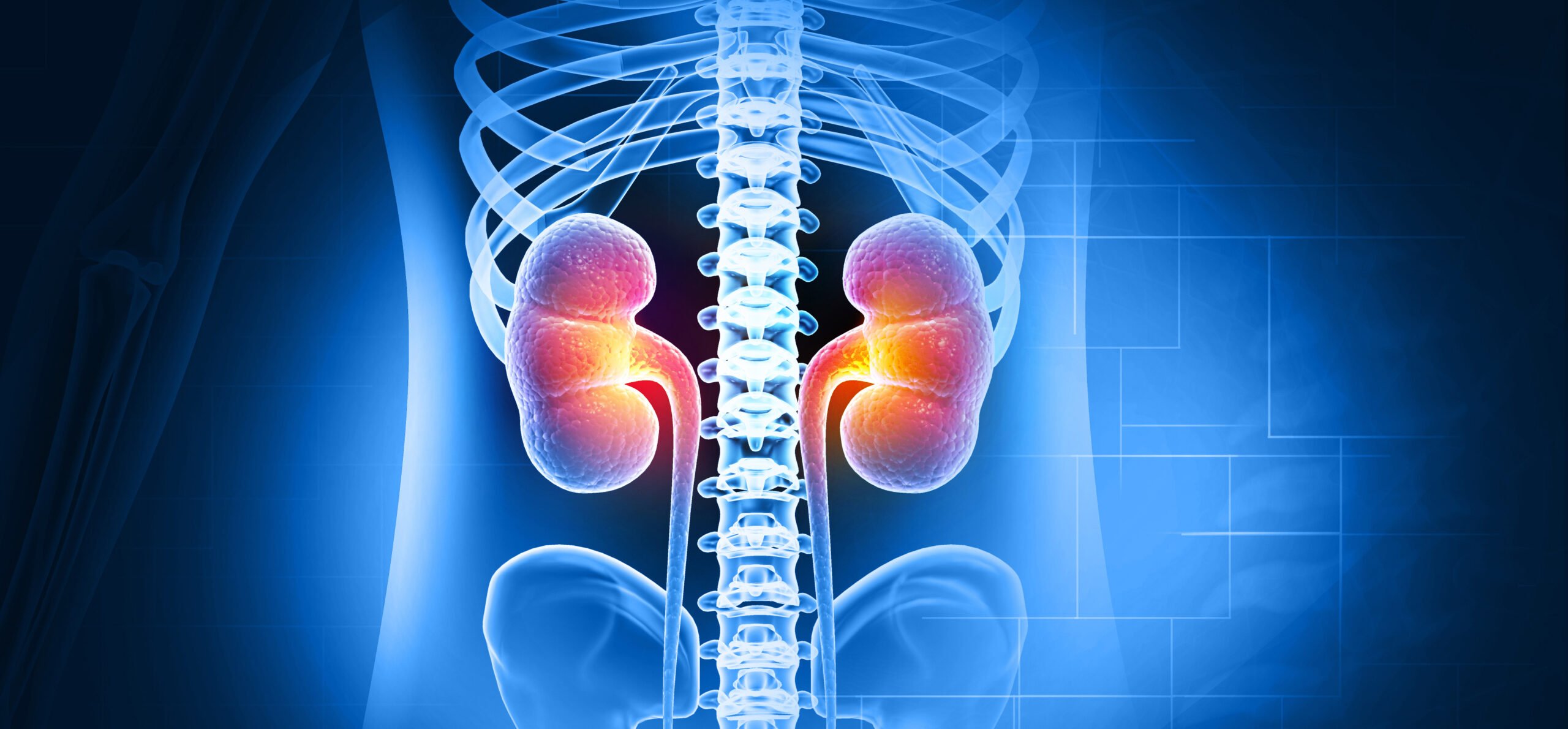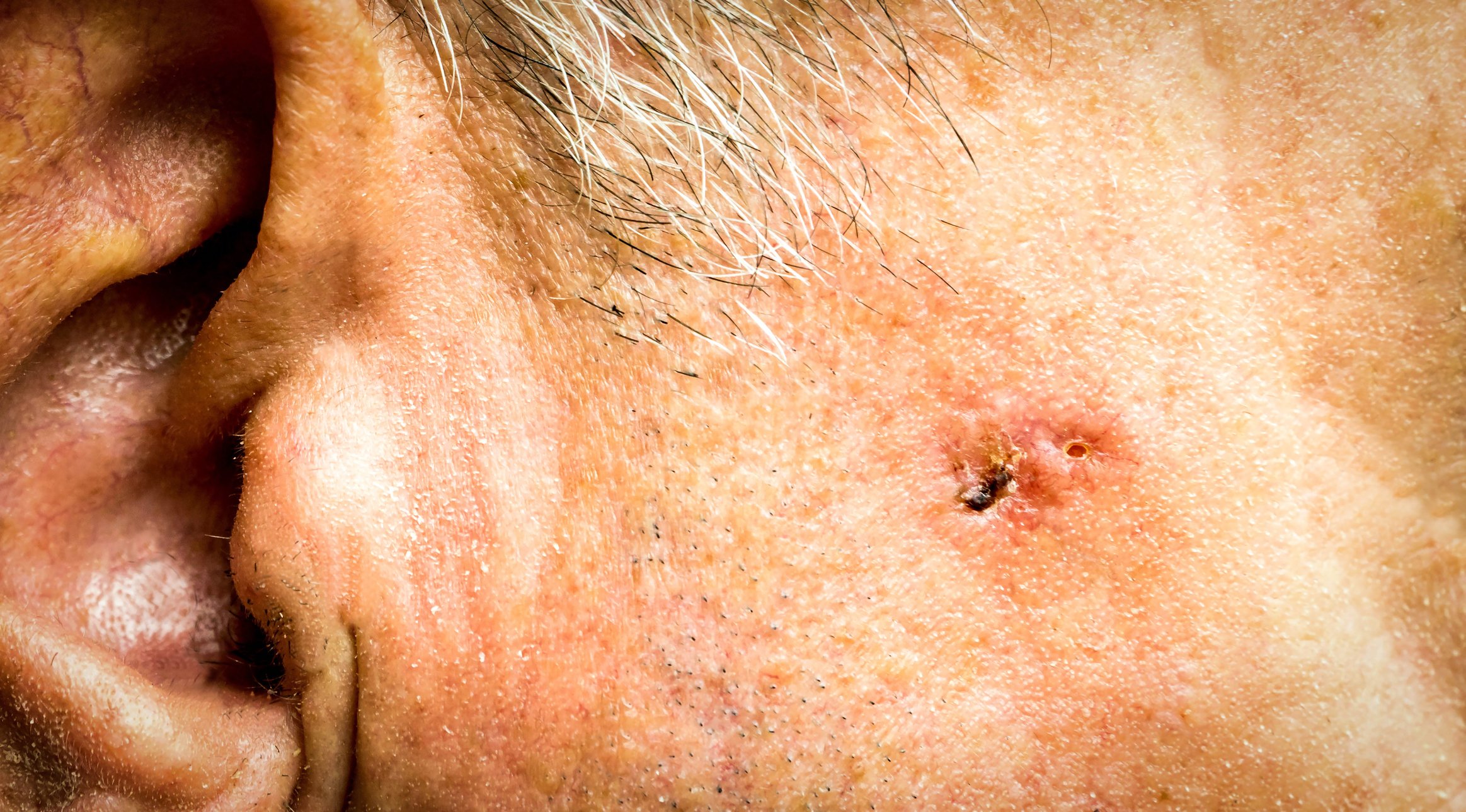Purpose: Psilocybin is an indole alkaloid belonging to the tryptamine group, which acts as a serotonin receptor agonist in the brain. Psilocybin produces a hallucinogenic high and is very similar in effect to LSD. Naturally, psilocybin occurs in various species of fungi. Evidence of some therapeutic potential has already been found in various disorders (e.g., alcohol dependence and obsessive-compulsive disorders). The presented study aimed to investigate the therapeutic potential in patients with treatment-resistant unipolar depression.
Patients and Methods: The open-label study was conducted in England. Twelve patients (6 female, 6 male) with moderate to severe, unipolar, treatment-resistant depression participated. They received two (oral) doses of psilocybin within a seven-day interval (10 mg and 25 mg); there was no placebo or control group. In addition to medication, all patients received psychological support during the study.
Results: The acute effect of psilocybin could be detected 30-60 minutes after ingestion, with a maximum after approximately 2-3 hours. The subjective intensity of the effect was higher in the subjects after taking the higher dosage; no severe or unexpected side effects occurred in any of the patients. All patients, however, reported the occurrence of passager anxiety (n=12), dizziness (n=9), nausea (n=4), and headache (n=4). Compared to baseline, subjects’ depressive symptoms significantly reduced within one week and after three months. Furthermore, anxiety and anhedonia were also significantly reduced in the subjects.
Authors’ Conclusions: This initial feasibility study provides evidence that psilocybin is safe and effective for treatment-resistant depression. However, further methodologically sophisticated studies are needed to better assess the potential therapeutic use of psilocybin.
InFo NEUROLOGY & PSYCHIATRY 2017; 15(1): 29.











